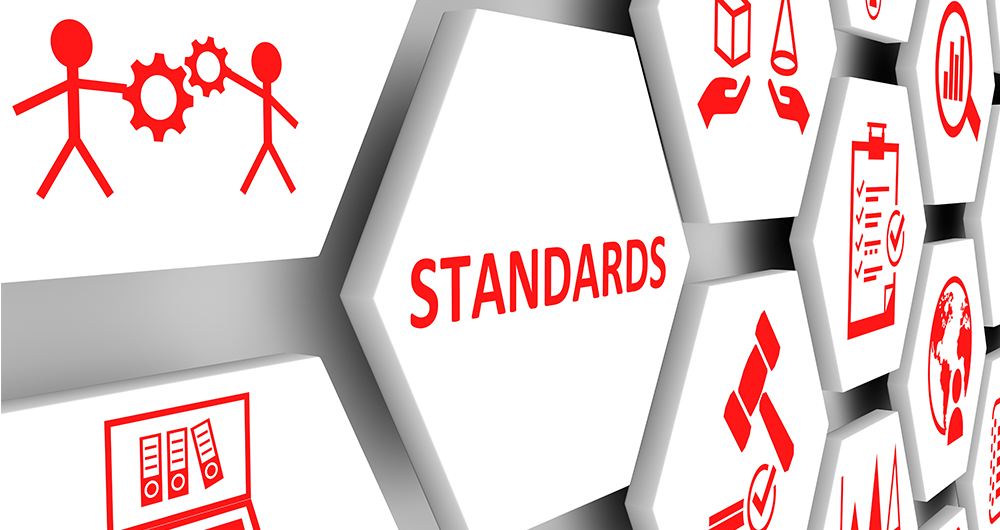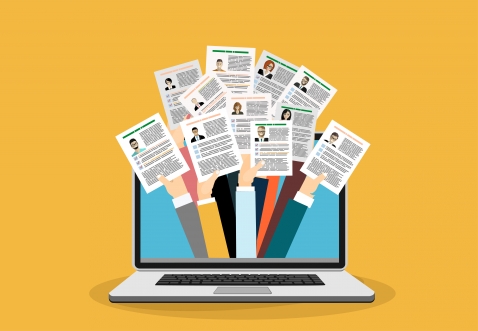10 posts found
DCAT-AP-ES: A step forward in open data interoperability
Context and need for an update
Data is a key resource in the digital transformation of public administrations. Ensuring its access, interoperability and reuse is fundamental to improve transparency, foster innovation and enable the development of efficient public services centered on citizens.
In th…
HealthDCAT-AP: The Standard That Connects Health Data to People
Data is the engine of innovation, and its transformative potential is reflected in all areas, especially in health. From faster diagnoses to personalized treatments to more effective public policies, the intelligent use of health information has the power to change lives in profound and meaningful w…
Invisibilisation and algorithmic discrimination
Digital technology and algorithms have revolutionised the way we live, work and communicate. While promising efficiency, accuracy and convenience, these technologies can exacerbate prejudice and social inequalities exacerbate prejudice and social inequalities and create new forms of exclusion and cr…
A common language to enable interoperability between open dataset catalogs
Open data plays a relevant role in technological development for many reasons. For example, it is a fundamental component in informed decision making, in process evaluation or even in driving technological innovation. Provided they are of the highest quality, up-to-date and ethically sound, data can…
What is a data dictionary and why is it important?
Data has occupied a fundamental place in our society in recent years. New technologies have enabled a data-driven globalization in which everything that happens in the world is interconnected. Using simple techniques, it is possible to extract value from them that was unimaginable just a few years a…
DCAT-AP 2.0.1, ¿cómo ha evolucionado la especificación de referencia europea para la descripción de catálogos de datos abiertos?
DCAT-AP es la especificación europea para la descripción de catálogos de datos abiertos. Su referente es el estándar Data Catalog Vocabulary (DCAT) de W3C, creado para facilitar la interoperabilidad entre catálogos de datos publicados en la web. DCAT permite disponer de un vocabulario de propiedade…
Data vocabularies: why are they important?
Each individual, organization or group uses a number of common words in their daily communication, which would be their personal vocabularies. The greater the number of words we use, the greater our ability to communicate, but it can also be a barrier, increasing the difficulty of understanding othe…
Success stories of data exchange between organizations
The "Support center for data exchange”(Support Center for Data Sharing or SCDS in English) was born in 2019 as part of the European strategy to promote a common data ecosystem. It is a space to investigate and report on the practices of so-called data sharing, which they themselves define as “transa…
Digital skills in Europe: the use of ontologies to improve the search for candidates
The increasing concern of European authorities for the management of digital skills among the working population, especially young people, is a growing reality whose management does not seem to have an easy solution.
“The internet and digital technologies are transforming our world. But existi…
Linked Open Vocabularies (LOV)
One of the main barriers to the deployment of linked data is the difficulty that data editors have to determine which vocabularies to use to describe their semantics. These vocabularies provide the "semantic glue" that allows simple data to become "meaningful data".
Linked Open Vocabularies (LOV)…









